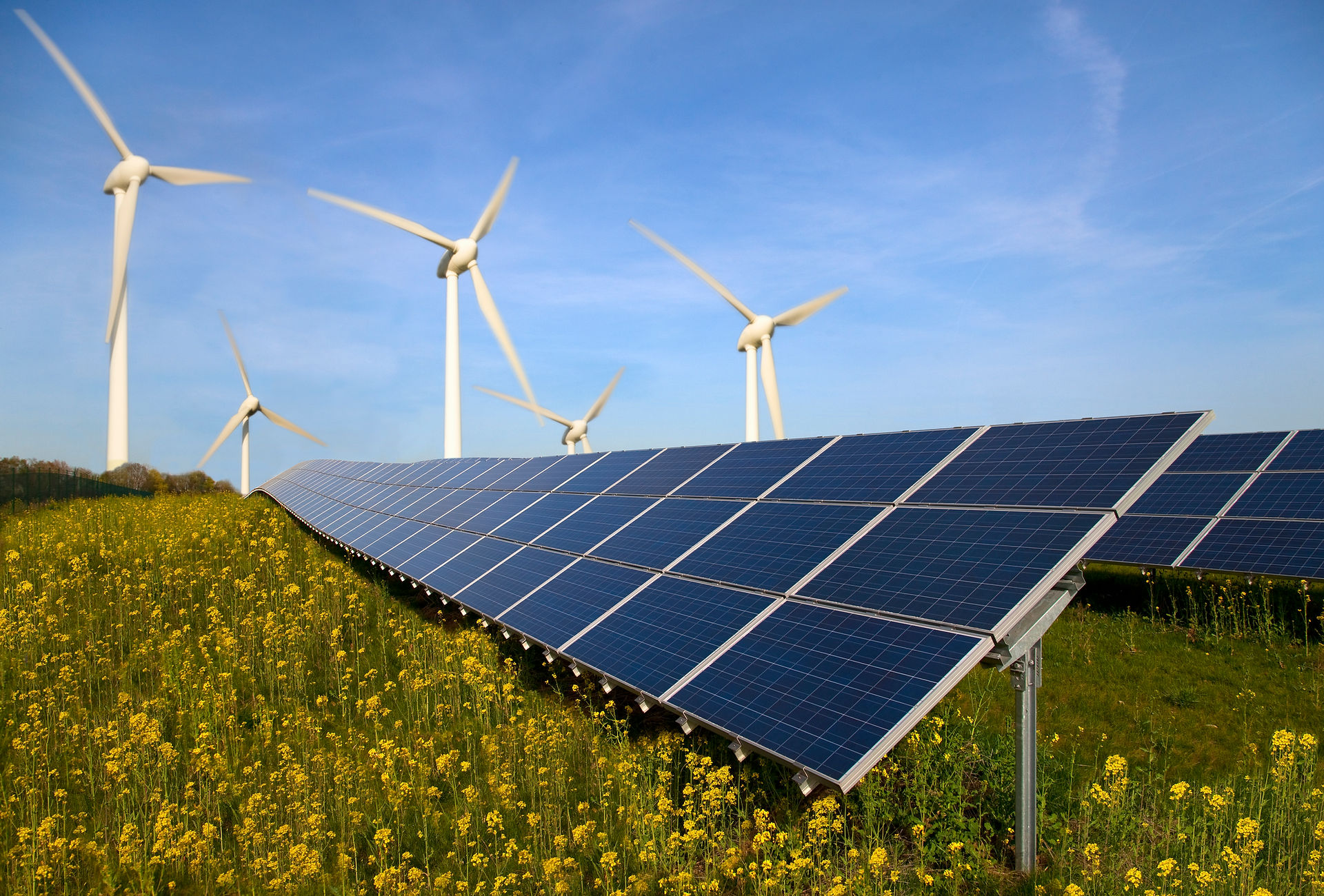The White House Offers $4.5 Billion in Loan Guarantees for EV Charging Innovation

The White House will unlock up to $4.5 billion in loan guarantees to support electric vehicle (EV) charging. The money comes along with a bevy of other initiatives, including an EV hackathon and technical assistance to help broaden EV charging across the U.S.
The $4.5 billion in loan guarantees will be available for both hardware and software, and must use “new or significantly improved technologies” compared to what is already commercially available.
The U.S. Department of Energy and Department of Transportation will also team up to develop a 2020 vision for a network of fast chargers across the U.S. Fast charging has long been seen as critical to the mass adoption of electric vehicles, but a unified public network has not yet been planned.
The DOE would also like to see fast chargers get even faster. It will partner with national labs and the private sector to investigate the economic implications of a DC fast charger of up to 350 kilowatts, which is more than double the power of the fastest chargers out there today. Tesla recently announced that its Supercharger has a capacity of up to 145 kilowatts, higher than the industry standard of 120 kilowatts. A 350-kilowatt fast charger could fuel up a car in less than 10 minutes.
The federal government, led by the Pacific Northwest National Laboratory, is also looking to invest in research to bring electric-vehicle batteries down to $100 per kilowatt-hour with triple the energy capacity of today’s battery technology. Five universities are joining PNNL in the effort, and the advisory board will include Tesla Motors and IBM.
Tesla’s Gigafactory, which is expected to begin production soon, was designed to bring battery costs down to $100 per kilowatt-hour. Charging company ChargePoint has a goal of developing DC fast chargers with a capacity of 125 to 350 kilowatts.
The call for more national charging infrastructure is already being met by some of the most prominent charging companies. ChargePoint committed $20 million toward national charging as part of public-private partnerships. EVgo, which was bought by climate action investment firm Vision Ridge Partners in June, announced it would spend $100 million in the next five years on nationwide fast charging at rates “significantly faster” than what’s available today.
Individual market players -- including charging companies, auto manufacturers and utilities -- all have their own goals. In order to unify the industry, the government has launched a set of guiding principles for developing charging infrastructure. They include a commitment to growing public charging infrastructure across the U.S. and a focus on improving the consumer experience. More than 50 stakeholders, including carmakers, utilities and charging companies, have signed on.

